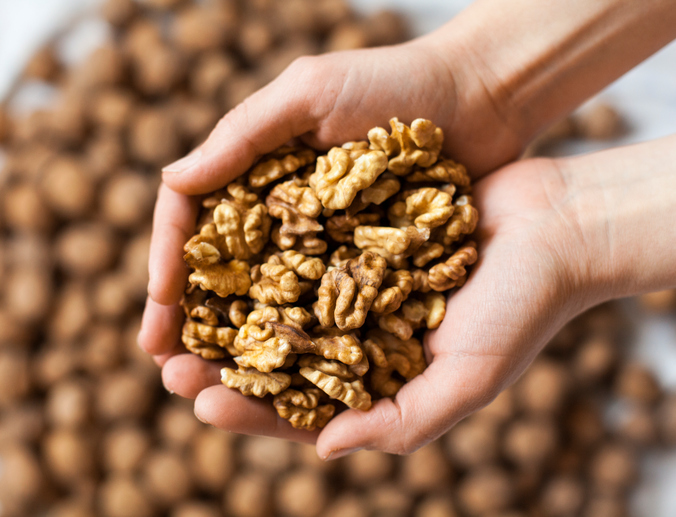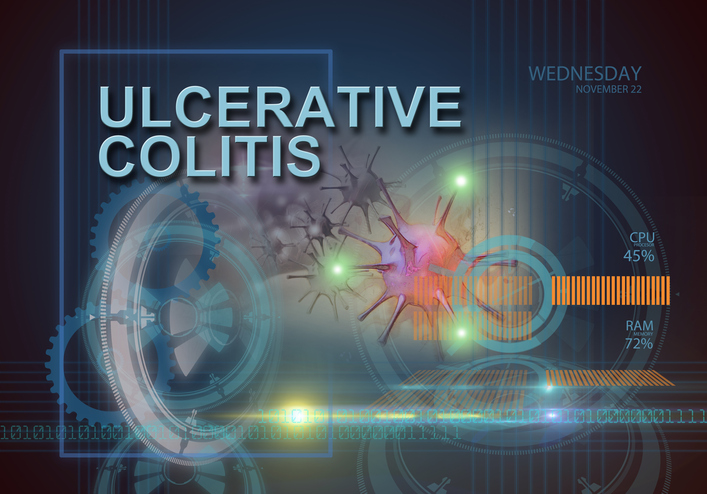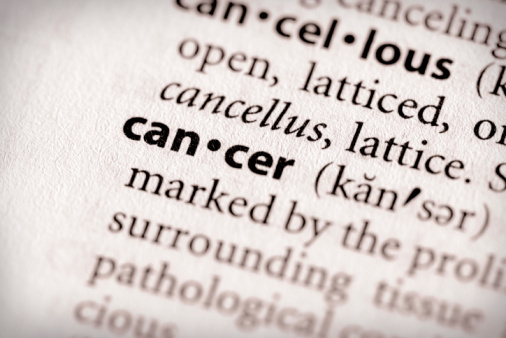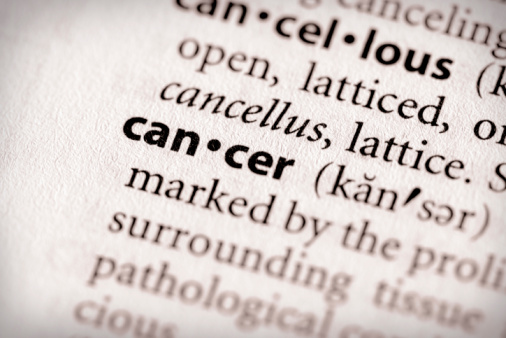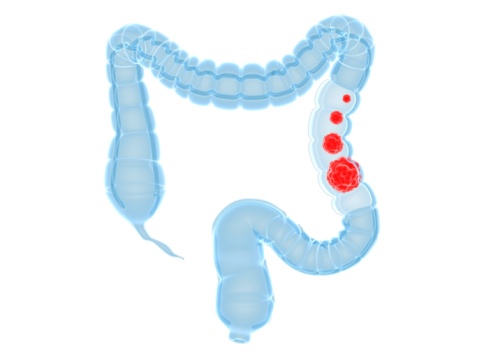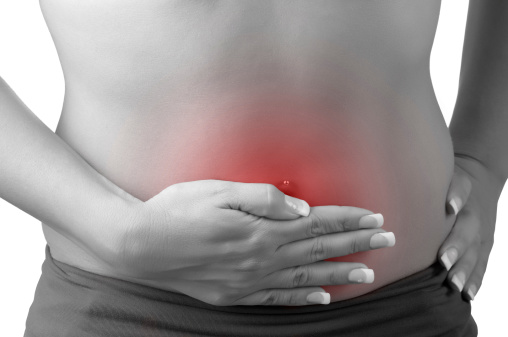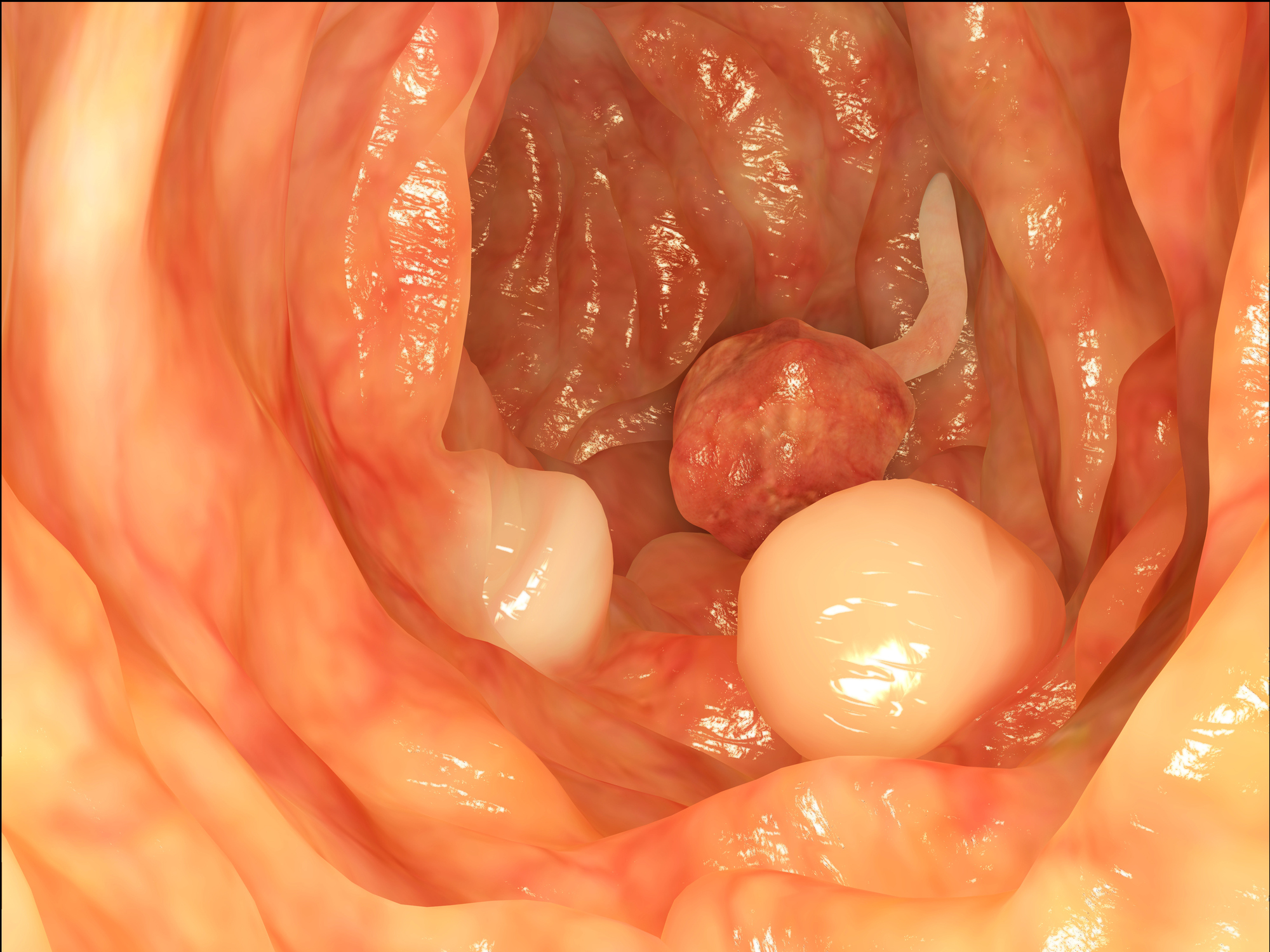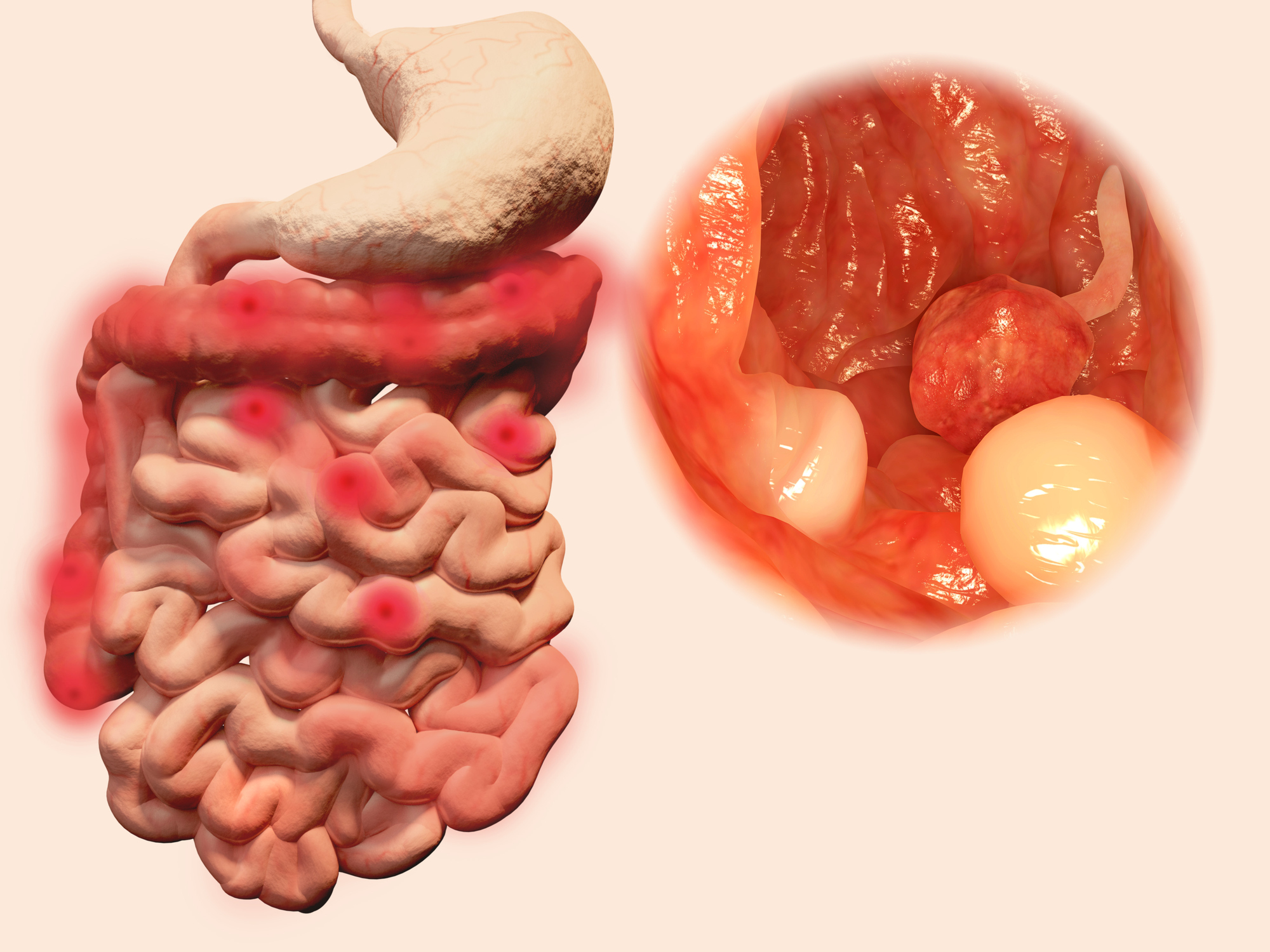National Colorectal Cancer Awareness Month: IBD, blood pressure, and colon cancer prevention tips
March is National Colorectal Awareness Month, and to increase your knowledge of colorectal cancer, Bel Marra Health has amassed a group of articles featuring information on IBD, blood pressure, and colon cancer. Enzyme may prevent tumor growth in colorectal cancer Researchers have found that an enzyme associated with inflammation may be effective in suppressing tumor ...click here to read more



